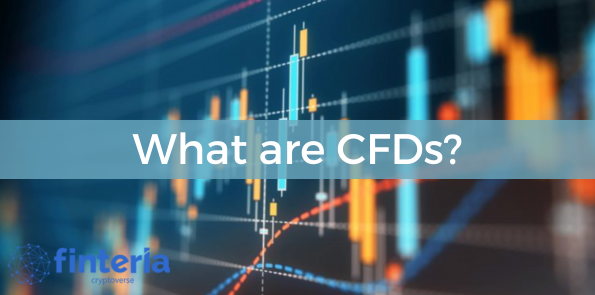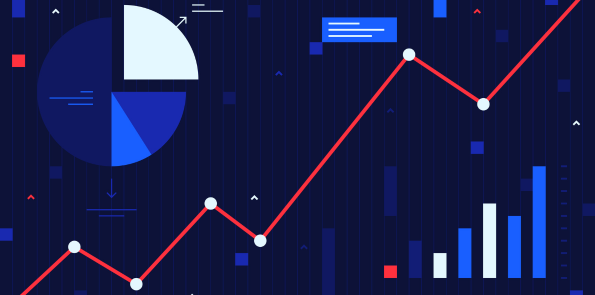What are CFDs?

Market Research
CFD (Contract for Difference) trading is a popular way for traders to speculate on the price movements of various financial markets such as stocks, indices, commodities, and currencies. It offers a flexible and cost-effective way to trade without owning the underlying asset, making it an ideal choice for those who want to trade without the complexities of traditional investing.
How CFDs Work
In a CFD trade, the buyer and seller agree to exchange the difference between the opening and closing price of the underlying asset. If the price goes up, the buyer makes a profit, and if the price goes down, the seller makes a profit. CFD trading allows investors to take advantage of market movements without owning the underlying asset, making it an ideal choice for those who want to trade without the complexities of traditional investing.
Benefits of CFD Trading
One of the biggest advantages of CFD trading is the ability to trade on a wide range of markets, including stocks, commodities, and forex, making it a versatile tool for investors looking to diversify their portfolios. Unlike traditional stock trading, which can be limited by market hours and trading rules, CFD trading can take place 24/7, allowing traders to react to news and events that can affect the market. Additionally, CFD trading offers a variety of order types, including stop-loss orders, which can help traders manage risk and protect profits.
Examples of CFD Instruments
CFD trading offers a wide range of instruments to trade on various markets, including:
Stocks: popular stocks such as Apple, Amazon, and Facebook
Indices: major indices such as the S&P 500, NASDAQ, and FTSE 100
Commodities: gold, silver, oil, and natural gas
Forex: major currency pairs such as EUR/USD, USD/JPY, and GBP/USD
Risks of CFD Trading
It's important to note that CFD trading also comes with risks. Market volatility can lead to unexpected losses, so it's essential to have a sound trading strategy in place. Traders should be aware of the potential risks involved and manage their risk effectively to minimize losses.
Conclusion
In conclusion, CFD trading offers a flexible and cost-effective way to trade on a wide range of markets. It allows traders to take advantage of market movements without owning the underlying asset, making it an ideal choice for those who want to trade without the complexities of traditional investing. CFD trading is a versatile tool for investors looking to diversify their portfolios, and it can take place 24/7, allowing traders to react to news and events that can affect the market. However, it's essential to have a sound trading strategy in place and manage risk effectively to minimize potential losses.



